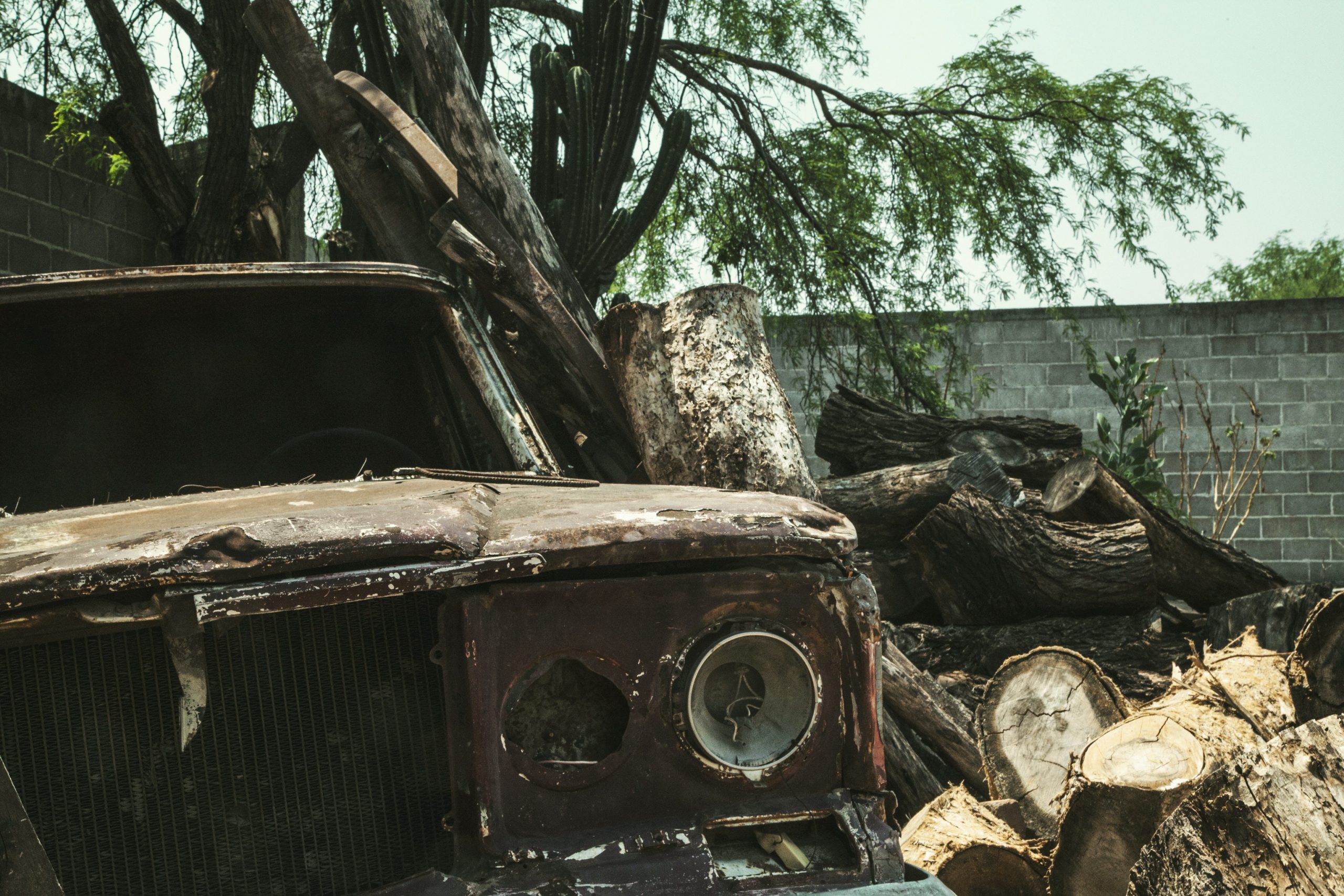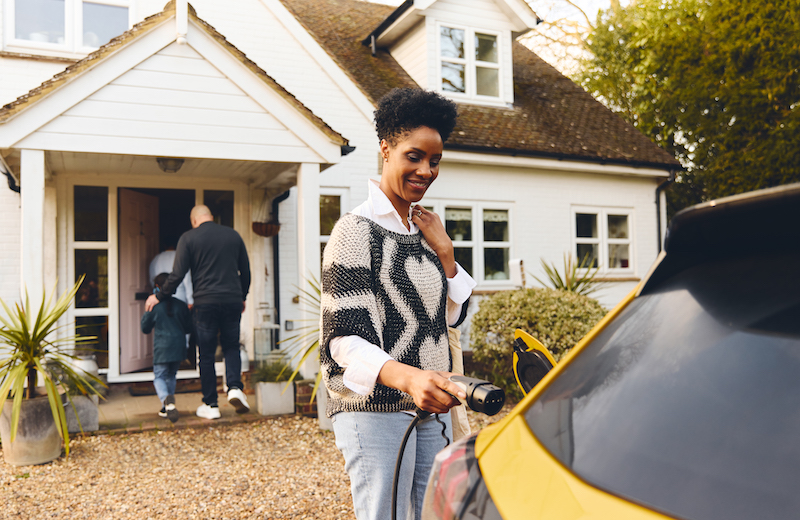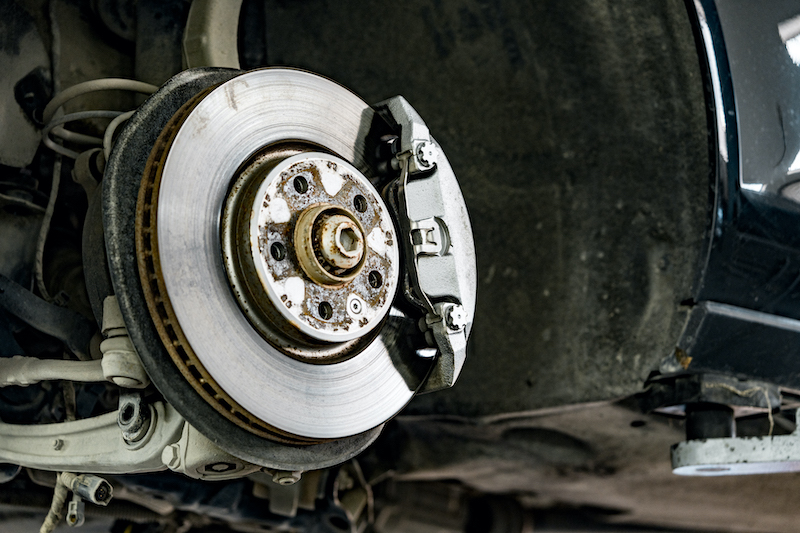Which Car Parts Are Most Prone to Rust

Winter is the absolutely worst time if you’re worried about rust on your car. With the permanently wet weather, and salt regularly coating our roads, corrosion of multiple car parts is common. But which parts of your card should you be most aware of? And what can you do when serious rust strikes?
Rust and Your Car Parts
Which car parts are most vulnerable to rust?
Suspension systems
From coil springs to shock absorbers, because of their proximity and exposure to the ground, all parts of your car’s suspension system are susceptible to rust. Particularly in winter, when road salt sprays back up onto your vehicle, increasing the speed of corrosion.
Hinges and weld spots
Where you have hinges and weld spots, you have increased vulnerability to rust. Because they create small cavities beneath the surface of your vehicle. And once moisture and corrosive elements begin to seep in, damage quickly spreads.
Braking systems
Having a small degree of rust on the parts of your brake system – wheel cylinders, brake discs, brake callipers, brake shoes etc. – is normal. But it’s really important to watch the progression of that rust and take action if it seems to be developing.
Cavities
Any cavities within a vehicle will rust over time. This includes the bonnet, boot, doors, and pillars.
Can you protect your car against rust?
There are several things to reduce the threat of rust to your car.
- Be careful where you park. If you’re parking on heavy snow, damp earth, or puddled areas, your car is more likely to rust. And that rust is more likely to take hold and spread. Not everyone can have a garage at home, or even a dedicated parking space. But by sticking to parking in places with plenty of drainage you will help to protect your vehicle.
- Keep your car clean. Dirt works as a moisture trap. The dirtier your car is, the quicker it will rust. While everyone’s cars are splattered with grime at this time of year, brushing down your wheels and other susceptible areas before parking up for the night, can help to prevent rust.
- Consider rust–proofing. For most new cars, this step won’t be necessary. But if you have an older car, then treating all iron and steel components with a rust inhibitor can be a worthwhile investment.
What should I do if my car parts badly rust?
In most cases, the best course of action if your car parts have begun to seriously corrode is to replace them. With low-cost high-quality car parts available online, it should be possible to find exact replacements without breaking the bank.
Rust is a really common phenomenon in older vehicles. And in most cases, a small amount of rust is nothing to worry about. But when integral car parts are extensively affected by rust, it’s time to take action. For your safety, and the safety of other drivers.
If you need help finding replacement car parts for your vehicle, get in touch with Online Automotive.





